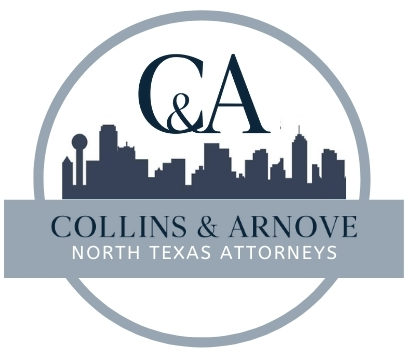Being in debt can feel like drowning. Just when the debtor thinks that he or she is ahead, something else happens to make the situation even worse. Many feel trapped and feel like they have to use credit card debt to continue making basic, minimum payments.
Some even try to resort to using credit cards to pay off other credit cards. However, is this a good idea? What are the consequences that could possibly result from taking this route?
Can Credit Cards Be Used To Pay Other Credit Cards?
The answer to this question is unfortunately, no. Most credit card companies will not let debtors use credit cards to pay their credit card bills directly.
The reason for this is if the card issuer accepts credit card for direct payment, that card issuer would then need to pay the merchant fee from the other card, which can be two to three percent of the payment amount.
What does this mean? Essentially, the card company would not be getting full payment from you. They get the raw end of the deal.
They allow for payment through a debit card, which can often seem like the same thing as a credit card, but the two are actually quite distinct. So, what does one do?
Option One: Request A Cash Advance
If the debtor has enough available credit, he or she should be able to use the credit card to request a cash advance. That money could then be used to pay another credit card bill. Cash advances can be made at a bank or credit union or at an ATM, so long as the card owner has a PIN for the card.
However, the downside to this option is the interest rate that comes with it. Interest rates on cash advances tend to be higher than normal purchases, and interest accrues right away. Therefore, if the debtor pays off the cash advance by the due date, he or she will still have to pay interest, as well.
Option Two: Use Credit Card For Everyday Spending
Another option is also known as “robbing Peter to pay Paul.” If the debtor has little cash flow to pay everyday expenses, he or she could use credit cards for everyday spending to allow for the debtor to accumulate enough cash to pay the credit card bill.
This option should only be used in a short-term situation, however. Debt can add up, and if the credit card is being used daily, the debtor can end up with much more than he or she bargained for before starting this option.
Option Three: Transfer Your Balance
Many credit card companies will occasionally offer a balance transfer deal which allows the card user to pay down or pay off another credit card. Companies will send convenience checks in the mail for this purpose.
The card owner can take one of these checks and use them to make a payment on another card. They cannot be used on the same account. The check can also be deposited into a checking account and the funds can be used to make a payment.
If the debtor happens to have a good credit score, he or she may be eligible for a low-rate balance transfer. These offers charge fees on the amount transfer, but the interest on the balance transfer is low. This option is often the best one if a low rate can be found.
Be Careful
However, before a debtor resorts to any of the previously-mentioned options, he or she should carefully consider options available. If low cash flow is a short-term situation, these options can be temporary fixes.
But if the situation has gotten out of hand, bankruptcy may be an inevitable conclusion. All the debtor may be doing is digging himself into a deeper hole.
In addition, moving debt around does not help credit scores in the long term. The amount of debt is what counts. A bankruptcy attorney can best assist you in determining what would be the best option for the debtor’s specific situation.
If bankruptcy is what truly needs to happen, this individual can assist the debtor in determining what needs to happen before bankruptcy can be filed and what options are available.
Contact Collins & Arnove Today
Facing a bankruptcy can be an intimidating process. We are here to walk you through it every step of the way. If you need assistance, Collins & Arnove can help you. To learn more, call 972-516-4255 for a free consultation.
